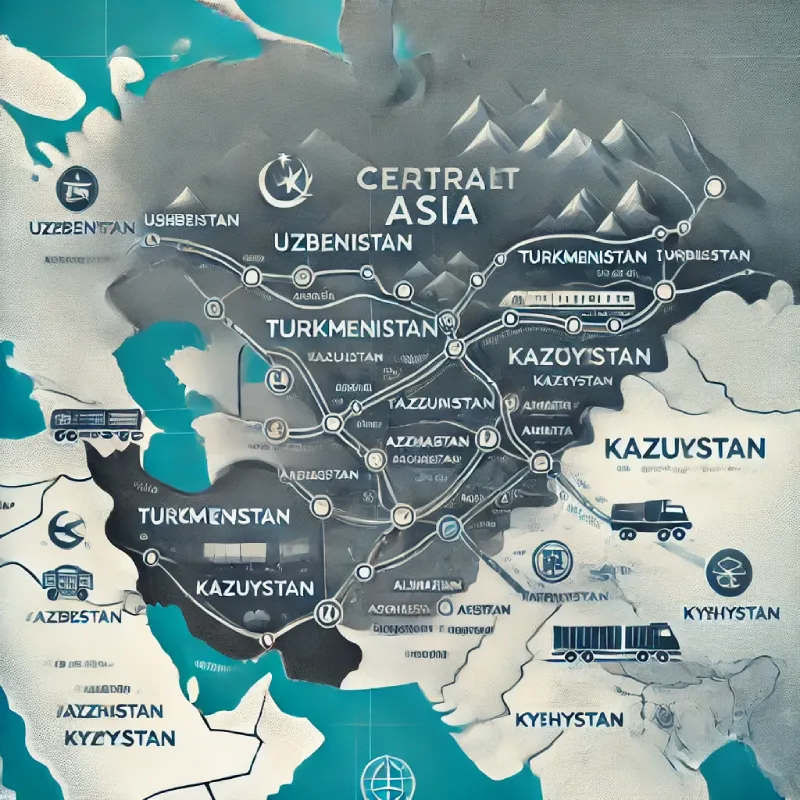Table of Contents

Importing goods involves bringing products from one country into another to meet domestic demands, expand market diversity, and foster economic growth. This practice is fundamental for global trade, enabling nations to access products unavailable locally or in demand by consumers.
Goods are typically transported via sea, air, land, or rail, with each mode offering unique benefits and challenges. The choice depends on factors like the nature of the goods, geographical proximity, urgency, and cost considerations.
To successfully import, businesses must prepare essential documents such as purchase orders, invoices, contracts, bills of lading, and customs declarations. Moreover, understanding customs regulations and tariff policies in both the exporting and importing countries is vital to avoid unnecessary delays or legal complications.
Key Steps in the Import Process
- Supplier Selection: Identify reliable suppliers for quality assurance and pricing.
- Contract Negotiation: Set terms for product specifications, payment, and delivery timelines.
- Payment and Banking: Use secure methods like letters of credit to ensure smooth financial transactions.
- Shipping Documentation: Collect necessary shipping documents, including cargo manifests and insurance certificates.
- Customs Procedures: Submit accurate customs declarations and pay any applicable duties.
- Delivery Logistics: Arrange for the safe delivery of goods to the final destination.
Given the complexity of international trade, professional freight and shipping experts play a pivotal role in managing this process efficiently. These specialists ensure compliance with transportation laws and customs protocols while recommending the most suitable shipping methods.
Imports from Uzbekistan, Turkmenistan, Kazakhstan, and Kyrgyzstan
Uzbekistan
Uzbekistan, located in the heart of Central Asia, is a key exporter of textiles, agricultural products, and minerals. Goods are primarily transported via road or rail, with Tashkent serving as a major logistical hub. For imports from Uzbekistan, popular routes include:
- Tashkent – Ashgabat – Bandar Abbas – Tehran (road and rail)
- Tashkent – Bishkek – Dushanbe – Tehran (combined transportation)
Turkmenistan
Turkmenistan is rich in natural gas, cotton, and oil-based products. The country’s infrastructure supports trade through road, rail, and sea. Import routes often utilize the Caspian Sea for maritime transport:
- Ashgabat – Turkmenbashi Port – Bandar Anzali – Tehran (sea and road)
- Ashgabat – Mary – Mashhad – Tehran (road and rail)
Kazakhstan
Kazakhstan, known for its vast energy resources and metals, is a crucial partner for regional trade. Railways dominate due to the country’s extensive network, which connects Central Asia with Europe and the Middle East:
- Almaty – Aktau – Bandar Abbas – Tehran (rail and sea)
- Almaty – Bishkek – Mashhad – Tehran (road and rail)
Kyrgyzstan
Kyrgyzstan is a significant exporter of textiles and agricultural products. Despite its mountainous terrain, efficient road networks facilitate smooth trade operations:
- Bishkek – Osh – Mashhad – Tehran (road)
- Bishkek – Almaty – Tehran (rail and road)
Imports from Uzbekistan, Turkmenistan, Kazakhstan, and Kyrgyzstan
Uzbekistan
Uzbekistan, located in the heart of Central Asia, is a key exporter of textiles, agricultural products, and minerals. Goods are primarily transported via road or rail, with Tashkent serving as a major logistical hub. For imports from Uzbekistan, popular routes include:
- Tashkent – Ashgabat – Bandar Abbas – Tehran (road and rail)
- Tashkent – Bishkek – Dushanbe – Tehran (combined transportation)
Turkmenistan
Turkmenistan is rich in natural gas, cotton, and oil-based products. The country’s infrastructure supports trade through road, rail, and sea. Import routes often utilize the Caspian Sea for maritime transport:
- Ashgabat – Turkmenbashi Port – Bandar Anzali – Tehran (sea and road)
- Ashgabat – Mary – Mashhad – Tehran (road and rail)
Kazakhstan
Kazakhstan, known for its vast energy resources and metals, is a crucial partner for regional trade. Railways dominate due to the country’s extensive network, which connects Central Asia with Europe and the Middle East:
- Almaty – Aktau – Bandar Abbas – Tehran (rail and sea)
- Almaty – Bishkek – Mashhad – Tehran (road and rail)
Kyrgyzstan
Kyrgyzstan is a significant exporter of textiles and agricultural products. Despite its mountainous terrain, efficient road networks facilitate smooth trade operations:
- Bishkek – Osh – Mashhad – Tehran (road)
- Bishkek – Almaty – Tehran (rail and road)
Shipping Solutions for Businesses
For traders importing from these regions, it’s essential to assess transportation methods carefully. Each mode of transit—be it road, sea, air, or rail—offers unique advantages based on cost, speed, and reliability. Companies like [Your Business Name] specialize in providing tailored shipping solutions, ensuring your goods arrive safely and efficiently.
Benefits of Working with Experts
Partnering with experienced logistics companies ensures:
- Compliance with international trade laws and customs regulations.
- Detailed advice on cost-effective and reliable routes.
- Timely delivery with proper handling of goods.
By leveraging decades of expertise in shipping and trade, businesses can streamline their import processes and focus on growth. Whether importing textiles from Kyrgyzstan, metals from Kazakhstan, or natural gas from Turkmenistan, an optimized supply chain ensures competitive advantages in the global market.
Frequently Asked Questions (FAQ)
- What are the main goods imported from Uzbekistan to Iran?
Uzbekistan primarily exports textiles, agricultural products, and minerals to Iran. - What are the common transportation routes from Turkmenistan to Iran?
Popular routes include using Turkmenbashi Port for maritime transport to Bandar Anzali and land or rail routes via Mashhad. - Is rail transport the primary method for imports from Kazakhstan?
Yes, Kazakhstan relies heavily on its extensive rail network, with routes such as Almaty to Bandar Abbas being frequently used for trade. - How are goods transported from Kyrgyzstan to Iran?
Transportation from Kyrgyzstan typically involves road and rail routes, such as from Bishkek to Tehran. - How can I choose a reliable logistics company for imports?
Look for companies with experience, expertise in international trade laws, optimized routes, and strong customer support services. - What documents are required for importing goods from Central Asia?
Essential documents include purchase orders, invoices, bills of lading, customs declarations, and transportation contracts.
Shipping price inquiry
Please inquire about our fast and cost-effective shipping solutions


